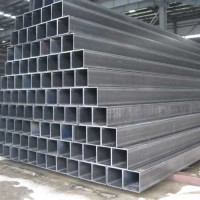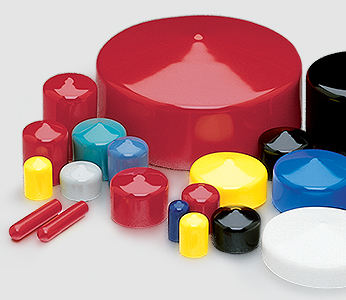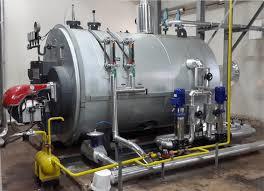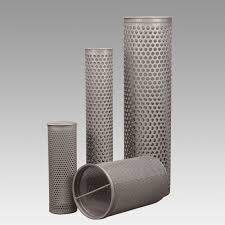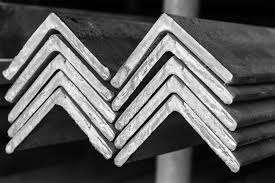Waterproof Scales vs. Regular Scales: Which One Is Right for You?
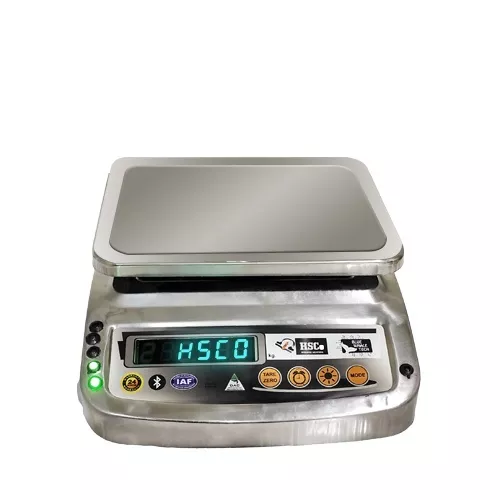
When it comes to running a successful business — whether in retail, food processing, or industrial settings — having the right weighing equipment is crucial. One of the most important decisions you’ll make is choosing between waterproof scales and regular (non-waterproof) scales.
While both types serve the fundamental purpose of measuring weight, they differ significantly in terms of durability, application, cost, and maintenance. In this blog, we’ll break down the pros and cons of waterproof scales versus regular scales to help you determine which is the right fit for your specific business needs.
What Are Waterproof Scales?
Waterproof scales are weighing machines designed to resist moisture, water splashes, and sometimes even complete submersion, depending on their IP (Ingress Protection) rating. They are commonly used in environments where water, humidity, or cleaning with liquids is a frequent requirement — such as seafood markets, dairy shops, outdoor kiosks, food processing plants, and chemical industries.
These scales are usually sealed tightly with gaskets and protective materials to prevent water from damaging the internal electronics.
What Are Regular Scales?
Regular scales, often referred to as dry-use or standard scales, are intended for environments where there is minimal exposure to moisture. They work perfectly in dry retail stores, hardware shops, or offices where cleanliness and dry conditions can be maintained. These scales are often more affordable and come in a wide range of sizes and capacities.
Key Differences Between Waterproof Scales and Regular Scales
Let’s explore the main differences across various aspects:
1. Durability
Waterproof Scales: Built to withstand wet and harsh environments. They resist corrosion and are often made from stainless steel.
Regular Scales: Suitable for dry areas only. Susceptible to damage if exposed to water or humidity over time.
2. Usage Environments
Waterproof Scales: Ideal for:
Seafood markets
Butcher shops
Outdoor markets
Chemical labs
Factories that require frequent cleaning
Regular Scales: Best for:
Grocery stores
Kirana shops
Pharmacies
Jewelry shops
3. Cleaning & Maintenance
Waterproof Scales: Can be cleaned using water, soap, or disinfectants. This is especially important in food-related businesses where hygiene is critical.
Regular Scales: Must be cleaned carefully using dry cloths. Exposure to liquids can damage internal components.
4. Cost
Waterproof Scales: Generally more expensive due to specialized materials and sealing technology.
Regular Scales: Cost-effective and available in a wide price range. Suitable for budget-conscious businesses.
5. Lifespan
Waterproof Scales: Longer lifespan in moist environments.
Regular Scales: Can last long in dry conditions but degrade quickly if exposed to moisture.
6. Accuracy
Both types of scales offer high levels of accuracy, depending on the brand and model. However, waterproof scales tend to maintain their performance better in challenging environments.
Advantages of Waterproof Scales
Enhanced Durability: Designed to resist corrosion and water damage.
Easier to Sanitize: Perfect for industries that demand high hygiene standards.
Reliable Performance in Harsh Conditions: Functions well even in rain, steam, or humid surroundings.
Better Investment for Outdoor Vendors: Ensures continuity of business even in unpredictable weather.
Advantages of Regular Scales
Lower Cost: More affordable for small or dry-location businesses.
More Variety: Available in many shapes, sizes, and capacities.
Suitable for Low-Moisture Workplaces: Perfect if you operate in a controlled environment.
Easy to Use: Less complicated and often doesn’t require training.
When Should You Choose Waterproof Scales?
You should consider waterproof scales if:
You work in a food or beverage business where spills are common.
Your scale is exposed to cleaning agents, steam, or wet hands.
You operate outdoors or in a humid region.
You’re involved in meat, poultry, or seafood processing.
Hygiene regulations in your industry are strict.
When Are Regular Scales Enough?
Go with regular scales if:
You work in a dry and clean environment.
Your business deals with non-perishable items.
You’re on a tight budget and don’t need water resistance.
Accuracy is needed, but conditions are stable and dry.
Real-Life Scenarios
Let’s compare two business owners to better understand the use case:
Ramesh owns a meat shop. His staff regularly washes down the counters, and the weighing area is frequently wet. In this case, investing in waterproof scales prevents damage, ensures long-term use, and maintains hygiene.
Priya runs a cosmetics retail store. Her products are dry, and her shop is air-conditioned. A regular scale would be more cost-effective and practical for her environment.
Final Thoughts: Which One Is Right for You?
The decision between waterproof scales and regular scales depends entirely on your work environment, budget, and the level of hygiene required. If your weighing area has frequent exposure to water, then waterproof scales are not just recommended — they're essential.
However, if you work in a dry and controlled space, regular scales can serve your purpose without stretching your budget.
Before you decide, assess your daily operations, potential risks, and cleaning routines. Choosing the right scale not only enhances operational efficiency but also protects your business from potential downtime and replacement costs.
Looking to upgrade or buy your first scale? Check out top-rated waterproof scales from leading brands and ensure your business is ready for anything — rain, rinse, or shine.
Note: IndiBlogHub features both user-submitted and editorial content. We do not verify third-party contributions. Read our Disclaimer and Privacy Policyfor details.

